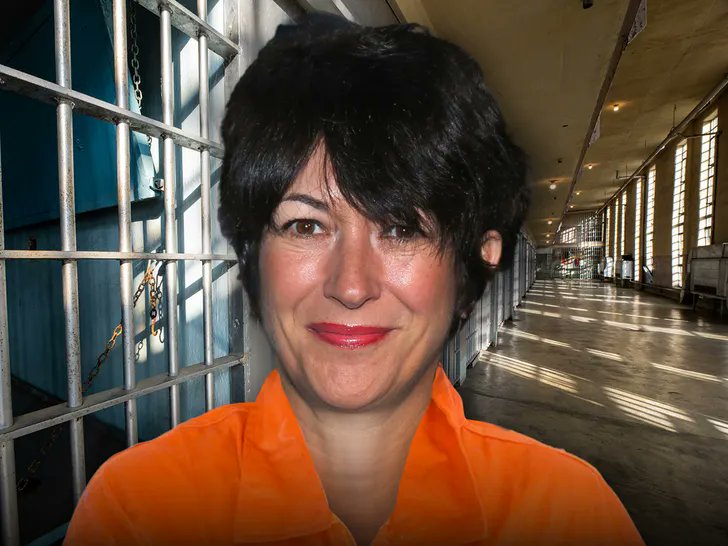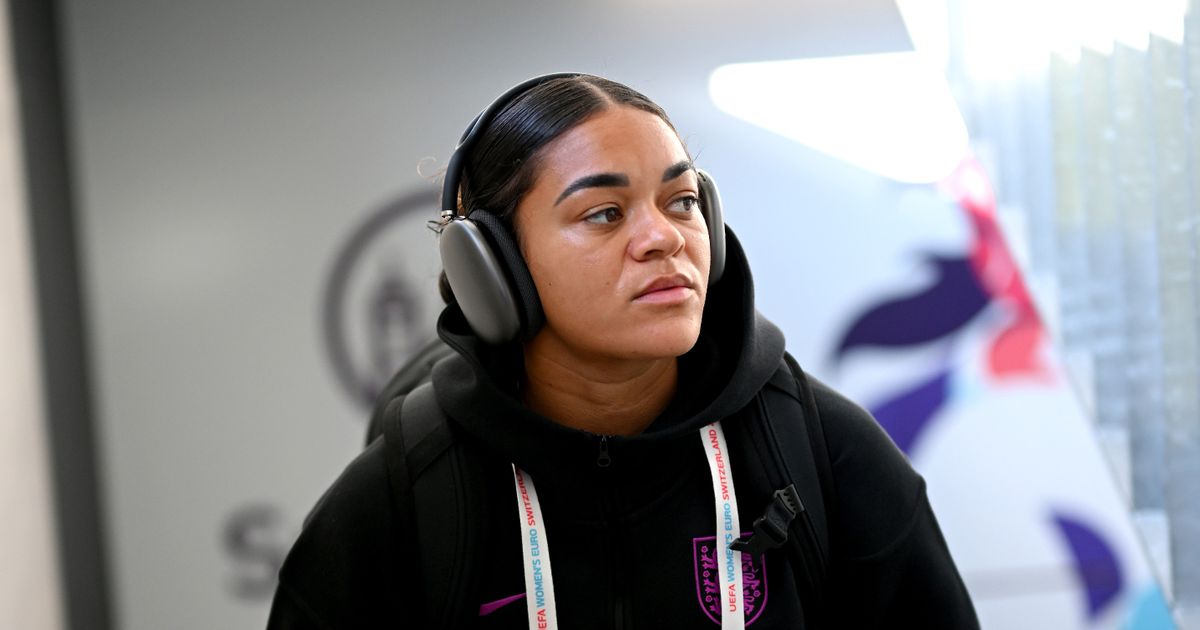
Ghislaine Maxwell Clings to Dreams of Freedom—But Harsh Reality Awaits Beyond Prison walls

Title of Article
Ghislaine Maxwell Clings to Dreams of Freedom—But Harsh Reality Awaits Beyond Prison Walls
As disgraced British socialite Ghislaine Maxwell marks yet another day behind bars, her dreams of early freedom flicker like a candle in a windstorm. Once a fixture in the world’s elite circles, Maxwell is now holding onto hopes of a future beyond the concrete and steel of Tallahassee’s Federal Correctional Institution. But new revelations suggest that even if she walks free before completing her 20-year sentence for sex trafficking minors, the world she’ll return to will be anything but free.
According to information obtained by TMZ, the conditions Maxwell will face outside prison are almost as restrictive and unforgiving as the bars she’s behind now. Federal supervision won’t just mean check-ins and curfews—it will be an all-encompassing regime that dictates everything from her social interactions to her private indulgences. If the idea of liberty sustained her throughout her incarceration, what lies beyond might feel more like a shadow of freedom than the real thing.
If granted supervised release in the future, Maxwell will reportedly be required to undergo intense federal monitoring, which includes regular polygraph tests to verify she’s following all terms of her release. She will be banned from accessing adult pornography—an unusual but telling condition that underscores the gravity of her crimes and the government's strict attempts to prevent any further misconduct. Even more striking, she will be prohibited from having any contact with minors, a condition that will include restrictions on proximity to schools, parks, or any environment where children are present.
Sources close to the legal process suggest Maxwell will also be subjected to mandatory therapy sessions aimed at rehabilitation and psychological assessment. The therapy will not be optional, nor superficial. In fact, it will likely be long-term, intrusive, and focused heavily on addressing her involvement in the sex trafficking of underage girls, a crime that rocked the globe due to its shocking connections to high society and the late financier Jeffrey Epstein.
Maxwell, who has consistently denied wrongdoing and maintains that she is a scapegoat for Epstein’s actions, has not publicly commented on the specific terms of her future release, but insiders say she’s aware of the looming constraints. “She dreams of freedom, yes. But she knows it won’t be anything like the world she left,” a former associate revealed anonymously. “There will be no return to yachts, ballrooms, or Manhattan soirées. Every step she takes will be watched.”
The socialite, now in her early 60s, was once seen in the company of royalty, billionaires, and political heavyweights. Her 2021 conviction, however, marked the dramatic fall from grace of a woman who once managed the private affairs of one of the most powerful predators of the 21st century. Found guilty of trafficking young girls for Epstein’s abuse, Maxwell was handed a sentence that reflected the severity of her role in one of the most infamous sex abuse networks in recent history.
Though she has served only a portion of her sentence, reports have surfaced indicating that Maxwell may become eligible for supervised release if she maintains good behavior and completes rehabilitation milestones. However, any such release would trigger a new phase of legal and social isolation. Not only would she be tracked electronically, but her movements would also be limited geographically, possibly restricting her travel to just one district or state.
“She won’t be able to go on a weekend getaway, attend a friend’s party, or even visit family without prior approval,” explained a former federal probation officer. “And forget the internet. Her usage will likely be closely monitored, and any suspicious activity could send her right back to prison.”
Critics argue that such intense post-incarceration supervision is a necessary safeguard given the nature of her crimes. The victims Maxwell helped exploit were young, vulnerable, and forever changed by the abuse they suffered. “She enabled a monster,” one survivor said in a televised interview. “She groomed us, manipulated us. No amount of therapy or prison time can undo what she’s done, but she should never have the freedom to do it again.”
Public sentiment remains fiercely divided on Maxwell’s future. While some believe she deserves a chance to rebuild her life after paying her dues, others argue that her crimes were too grievous for leniency. For now, Maxwell remains behind bars, reportedly maintaining a relatively quiet existence within the correctional facility. Sources describe her as compliant, reclusive, and deeply immersed in legal documents and self-help literature.
Yet, despite the monotony of prison life, her legal team continues to explore avenues for appeal and early release options. The road ahead remains uncertain, but if the latest reports are any indication, Maxwell’s hopes for freedom come with a weighty price tag: her privacy, her autonomy, and her access to even the smallest liberties most take for granted.
If released, Ghislaine Maxwell will reenter a society that no longer welcomes her. Her former social standing has been obliterated, her relationships severed, and her name forever etched in infamy. The glittering world she once inhabited is gone, replaced by a landscape of scrutiny, regulation, and public disdain.
What remains to be seen is how Maxwell herself will adapt to this new existence. Will she fade quietly into the background, accepting the terms of her supervised life? Or will she resist, hoping to reclaim some semblance of the influence she once held? One thing is certain—her days of secrecy are over. The world is watching, and for Ghislaine Maxwell, every step forward comes with a chain of consequence.
selectpage you want post to appear


